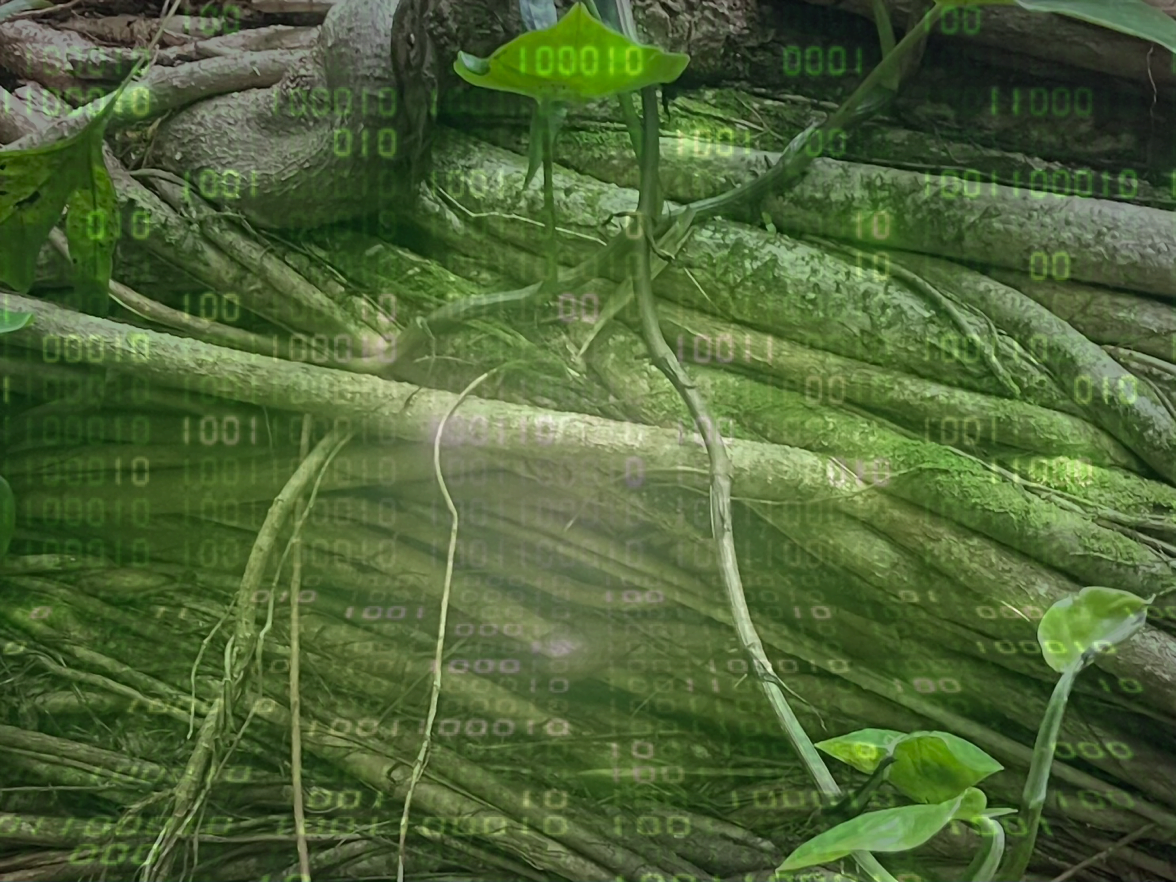
The Imperative of Local Data Sovereignty
In the discourse on development, equity, and human/indigenous rights, the focus has long been on tangible resources such as land, water, and cultural heritage, as these are vital to the identity and survival of communities. However, there is another equally crucial asset that has often been overlooked in this list of critical issues: DATA. Providing the ability to control and manage data about one’s community is not merely a technical matter—it is an issue deeply intertwined with the autonomy, cultural integrity, and economic security of indigenous peoples.
The Invisibility of Data Theft
Indigenous communities worldwide have historically faced a range of injustices, from the theft of land to the suppression of languages and cultural heritage. Today, in an era dominated by digital technologies and information flows, a new form of dispossession is taking place: the expropriation of data. Unlike land or water, the theft of data is less visible and equally as insidious, occurring through backdoor financial channels and information cabals. This kind of theft is perpetrated by entities that capitalize on the asymmetries of power and knowledge, further entrenching the marginalization of indigenous communities.
Data about indigenous lands, resources, cultural practices, and even genetic information has immense value in global markets. From pharmaceutical companies seeking genetic materials for drug development to tech firms mining data for artificial intelligence algorithms, indigenous knowledge and resources are often commodified without consent or fair compensation. This modern form of exploitation is facilitated by the absence of robust frameworks that recognize and protect the data sovereignty of indigenous peoples.
Understanding Local Data Sovereignty
Local data sovereignty refers to the right of indigenous communities to control the collection, ownership, and use of data related to their lands, resources, and cultural practices. This concept is not merely about privacy or security in the digital sense. It is about self-determination and ensuring that data is used in ways that are consistent with the community’s values, priorities, and aspirations. It is about preventing the unauthorized use of data that could lead to exploitation, misrepresentation, or harm.
Emphasizing the responsibility and opportunities available to individuals and communities to steward indigenous or customary interactions with our environments, the value—including potential market values—should not be determined by investment regimes furthering their neoliberal ambitions. Local data sovereignty, in this light, empowers indigenous communities to determine how data is used and ensures that this data serves their development goals rather than being weaponized against them.
Further, at this time, we do not know what the future of data markets will look like, but what we know from generations of experience, is that capitalism exploits, privatization is a weapon, and indigenous and poor peoples remain dispossessed from accessing infrastructure and benefitting from their own capabilities and technologies.
When we consider that the World Bank has valued Natural Capital at over a $100 trillion dollars, and that Natural Capital is measured as environmental data, we should be concerned that the future direction of the global economy has the potential for capitalizing on the very data that we are relinquishing to foreign management in the Carbon trade or under reinsurance schemes framed as Loss and Damage. And while those numbers may seem alluring, values this high will invariably alienate people and communities from their environments, further entrenching peoples to become rentiers on their own lands.
Resist Data Colonization
Without local data sovereignty, indigenous communities are vulnerable to what can be termed “data colonization.” This occurs when external entities extract data without consent, often under the guise of research or development assistance, only to use that data to their advantage. Such practices are reminiscent of historical colonial exploitation, where the wealth of colonized lands was extracted for the benefit of colonial powers. Today, the resources being extracted are knowledge and data, with similar dynamics of power imbalance and exploitation at play.
Data colonization not only deprives indigenous communities of potential economic benefits but also undermines their cultural and political autonomy. For instance, the misuse of data could lead to misrepresentations that distort cultural narratives or undermine traditional practices. In extreme cases, data on indigenous resources could be used to facilitate land grabs or environmental degradation, further threatening the survival of these communities.
The Role of WIPO, FPIC and Cultural Heritage
The principle of Free, Prior, and Informed Consent (FPIC) has been established as a fundamental right of indigenous peoples in international law, ensuring that they are fully consulted and give their consent before any project affecting their lands or resources is initiated. However, FPIC must also be extended to data governance. Indigenous communities should have the right to consent to or refuse the collection and use of their data, and they should be involved in decisions about how their data is managed and shared.
Furthermore, just as cultural heritage—such as traditional knowledge, languages, and sacred sites—requires protection, so too does data. Data related to cultural practices, biodiversity, traditional knowledge, and even social structures are part of the collective heritage of indigenous communities. Protecting this data from unauthorized access and misuse is integral to preserving cultural heritage and preventing its appropriation or distortion by external actors.
In May 2024, the World Intellectual Property Organization (WIPO) treaty was signed. For decades rules over Intellectual Property were hotly debated and remained a central sticking point in international trade agreements. This new WIPO treaty was seen as a big win for Indigenous Peoples, Traditional Knowledge and Cultural Expressions. However, the United States insisted on the wording of the final text of the treaty which undermined the ability of countries to invalidate patents made with indigenous resources. For example, there has to be proof that theft occured, yet patent applicants do not need to disclose the origins of biogenetic material. There are so many back doors to cultural and biogenetic theft, including the fees to bring US corporations to courts. Small Pacific Island governments for example cannot even afford the legal costs to even bring this to court.
Towards a Just Framework for Local Data Sovereignty
To address these challenges, there must be a concerted effort to develop legal and policy frameworks that recognize the data sovereignty of indigenous peoples. This involves not only securing legal protections at the national and international levels but also supporting indigenous communities in building their own data governance capacities and their own local data markets.
Efforts to enhance local data sovereignty should prioritize:
Providing technical assistance and educational resources to help indigenous communities manage their data securely and independently.
Ensuring that national and international laws recognize that data sovereignty must be protected and data or digital transparency initiatives written into trade and investment agreements are rejected or withdrawn. As with many trade agreements, mechanisms for enforcement are expensive and many countries cannot even afford to withdraw from these agreements.
Promoting partnerships that respect indigenous autonomy and support co-governance models for local data stewardship with the free, prior, and informed consent of participating communities.
Developing mechanisms to hold corporations, researchers, and governments accountable for unauthorized data use or breaches.
The importance of local data sovereignty for indigenous peoples cannot be overstated. It is a fundamental right that underpins their autonomy, cultural integrity, and economic security. Just as we recognize the need for indigenous control over land, water, and cultural heritage, we must also recognize our rights to control data about our communities. By doing so, we can help prevent the theft of indigenous properties and knowledge and promote a more just and equitable digital world.
In this pursuit, it is vital that we move beyond mere recognition of these rights to actively support the capacities of indigenous communities to exercise them. Only then can we ensure that the benefits of the digital age are shared equitably and that the historical injustices faced by indigenous peoples are not perpetuated in new, digital forms.
